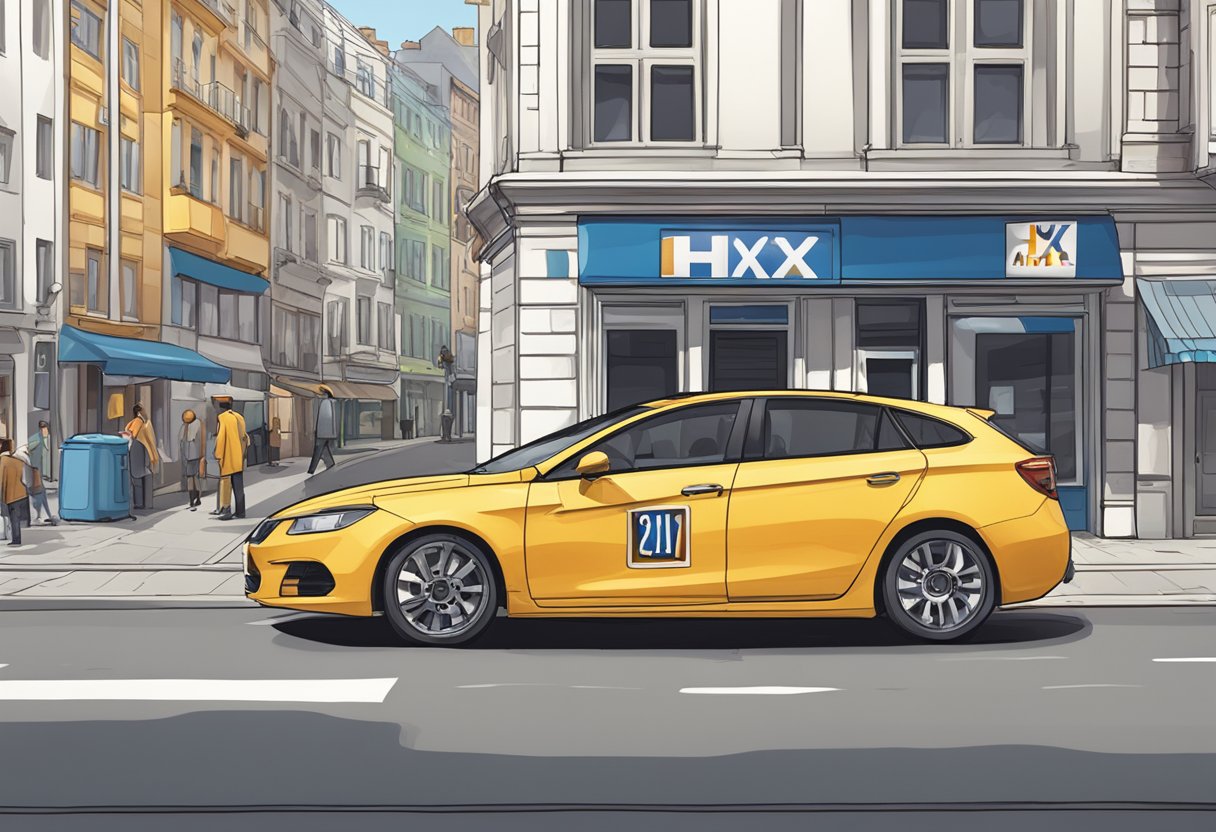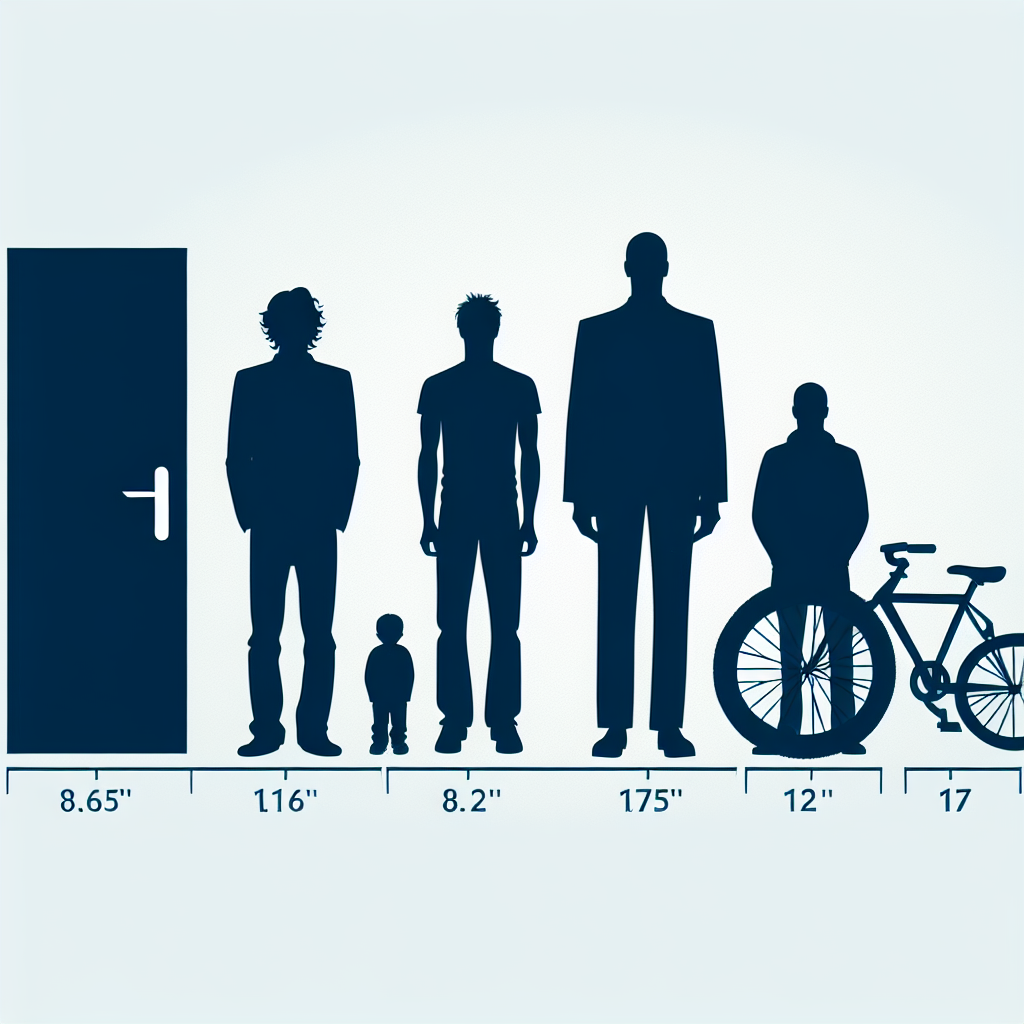Unlocking the Future: BYD Solid State Battery Technology Explained
As the demand for sustainable energy solutions increases, BYD’s cutting-edge solid state battery technology emerges as a beacon of innovation. This article delves into the ins and outs of the BYD solid state battery, addressing key questions and concerns surrounding its development and potential impact on the electric vehicle industry.

Understanding BYD Solid State Battery Technology
The automotive industry is experiencing a significant transformation with the shift towards electric vehicles (EVs). Among the key players advancing this technology is BYD, a leading Chinese manufacturer renowned for its prowess in battery technology. Central to its innovation is the BYD solid state battery, which is poised to revolutionize the landscape of energy storage and electric mobility.
What Sets BYD Solid State Batteries Apart?
BYD solid state batteries utilize a solid electrolyte instead of the liquid or gel electrolytes found in traditional lithium-ion batteries. This design promises enhanced safety, longer lifespan, and better performance. Specifically, the potential benefits of BYD solid state batteries include:
- Higher Energy Density: BYD solid state batteries are expected to offer superior energy density compared to conventional batteries, allowing for longer driving ranges with less weight.
- Improved Safety: The solid nature of the electrolyte reduces the risk of leaks and fires, which are more common with liquid electrolytes.
- Enhanced Longevity: With fewer cycle degradation issues, BYD's technology can lead to longer overall battery life.
How Far Along is BYD in Solid State Battery Development?
As of late 2023, BYD has made significant strides in solid state battery development, with pilot production underway. The company has revealed ambitious plans to scale up production as performance metrics align with commercial viability. Industry analysts predict that solid state batteries from BYD may begin entering the market within the next few years, potentially in 2025.
What Applications Will BYD Solid State Batteries Serve?
Primarily, BYD is targeting the electric vehicle sector as the main application for its solid state battery technology. However, the batteries are also suitable for:
- Energy Storage Systems: Potential integration into renewable energy projects, providing a reliable storage solution for solar and wind energy.
- Consumer Electronics: Enhancements in battery life and safety profile could make solid state batteries ideal for smartphones and laptops.
What Challenges Does BYD Face with Solid State Batteries?
Despite the promising outlook, BYD encounters several challenges in bringing solid state batteries to market:
- Scalability: Transitioning from pilot production to mass manufacturing is a significant hurdle that must be overcome.
- Cost Efficiency: Developing a cost-effective production process for solid state batteries remains a critical concern, given the premium materials often required.
- Performance Reliability: Ensuring that the batteries maintain their performance over numerous charge cycles is paramount.
Are BYD Solid State Batteries Compatible with Current EV Infrastructure?
In their current form, BYD solid state batteries will likely be customized to complement existing electric vehicle infrastructures; however, their advanced capabilities could mean that charging and maintenance setups will require adaptations. BYD is working closely with automakers to create optimally compatible systems that enhance user experience.
What is the Expected Timeline for Mainstream Adoption?
While BYD aims to launch solid state batteries by 2025, widespread adoption may take longer due to various factors, including regulatory approvals and infrastructure development. Market readiness will largely depend on BYD's ability to resolve scaling and cost-related challenges effectively.
The Environmental Impact of BYD Solid State Batteries
BYD is also focusing on the sustainability aspect of their solid state batteries. By using more environmentally friendly materials and processes, these batteries are expected to have a lower carbon footprint compared to traditional lithium-ion options. This aligns well with the global push for greener technologies in transportation.
What Future Developments Can We Expect from BYD?
Looking ahead, industry watchers are keenly observing BYD’s plans to further innovate its solid state battery technology. Some potential future developments include:
- Higher Performance Metrics: Continuous research and development efforts may yield batteries with even greater energy densities and efficiencies.
- Collaboration with Other Tech Companies: Partnerships in technology development may enhance the capabilities of solid state batteries.
- Integration with AI and IoT: Smart technologies could enable better battery management and performance analytics.
Conclusion
The BYD solid state battery represents a vital innovation in the quest for sustainable energy solutions. With its potential to transform the electric vehicle industry by offering enhanced safety, longevity, and performance, BYD's commitment to solid state technology will be pivotal in shaping the future of transportation. As we await concrete releases, the anticipation within the industry continues to build, underlining the importance of technological advancement in meeting global energy demands.
New posts

Understanding the Model X Refresh: What You Need to Know
Tesla

Everything You Need to Know About the Xiaomi Car: Specs, Features, and Market Impact
Xiaomi

Understanding Model Y Wait Times: What to Expect in 2023
Tesla

Exploring AI Day at Tesla: Innovations, Insights, and Future Prospects
Tesla

Cathie Wood Latest: Insights into Her Investment Strategy and Market Moves
Investment

Exploring the Geely Radar RD6: All You Need to Know
Automotive

Understanding the Zeekr X Price: What You Need to Know
Electric Vehicles

Understanding the Tesla Model Y Performance: A Comprehensive Guide
Tesla

Exploring the Ford VW MEB Platform: A Deep Dive
Volkswagen

Exploring the Spaciousness of the Model Y Trunk Space: Everything You Need to Know
Tesla
Popular posts

Everything You Need to Know About NIO Registrations: A Comprehensive Guide
Sustainability

Unveiling the Xiaomi SU7 EV Lei: What You Need to Know
Xiaomi

Everything You Need to Know About Tesla EV: Questions Answered
Tesla

Exploring the Thriving Automotive Scene of Shanghai: Insights and Trends
Innovation

Exploring the Ford VW MEB Platform: A Deep Dive
Volkswagen

Everything You Need to Know About Tesla Day: Insights, Announcements, and More
Innovation

Unlocking the Future: BYD Solid State Battery Technology Explained
Innovation

What You Need to Know About Tesla FSD 12: Features, Advancements, and User Experiences
Innovation

Understanding NIO Pricing: A Comprehensive Breakdown
Electric Vehicles

Cathie Wood Latest: Insights into Her Investment Strategy and Market Moves
Investment